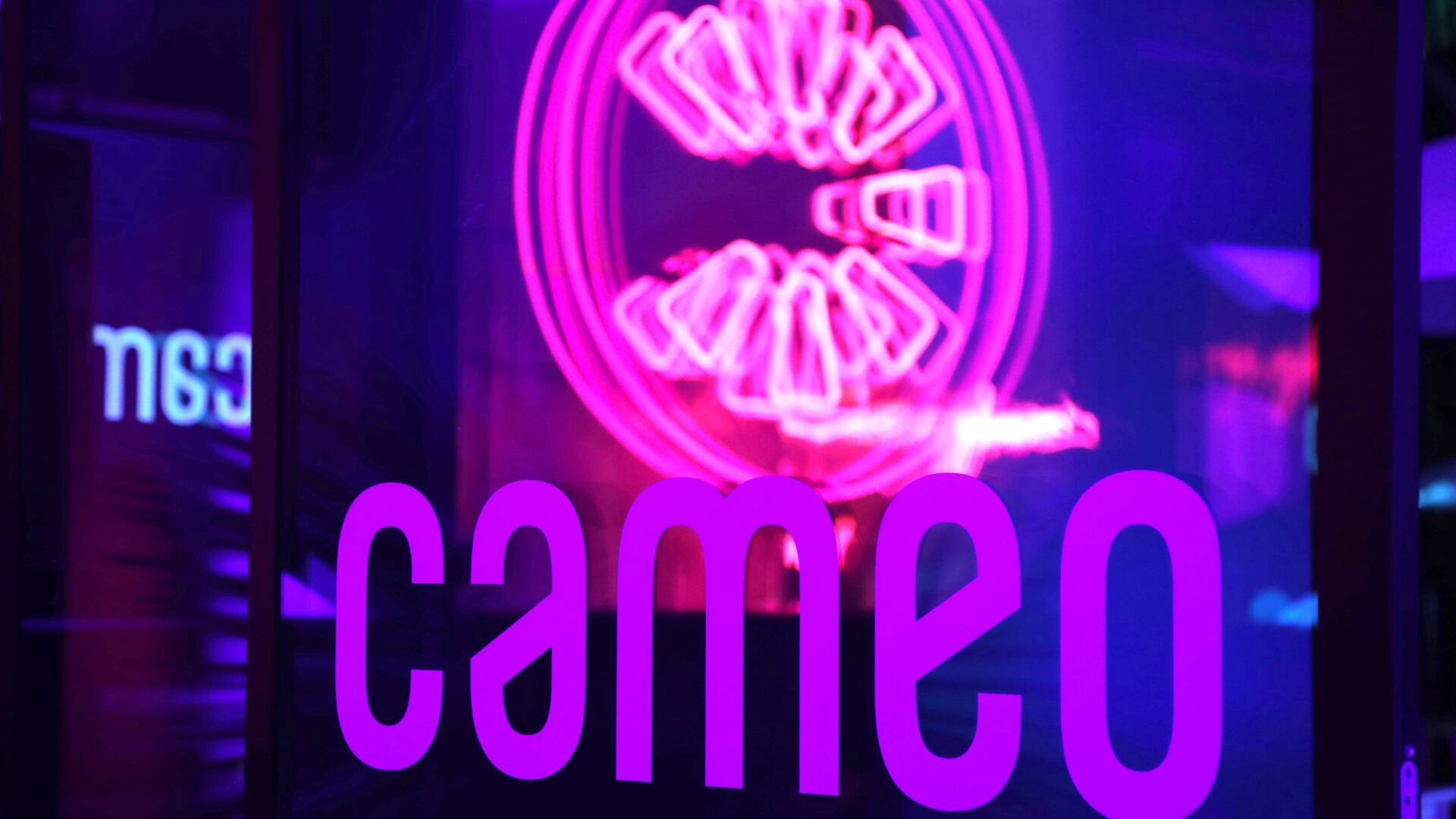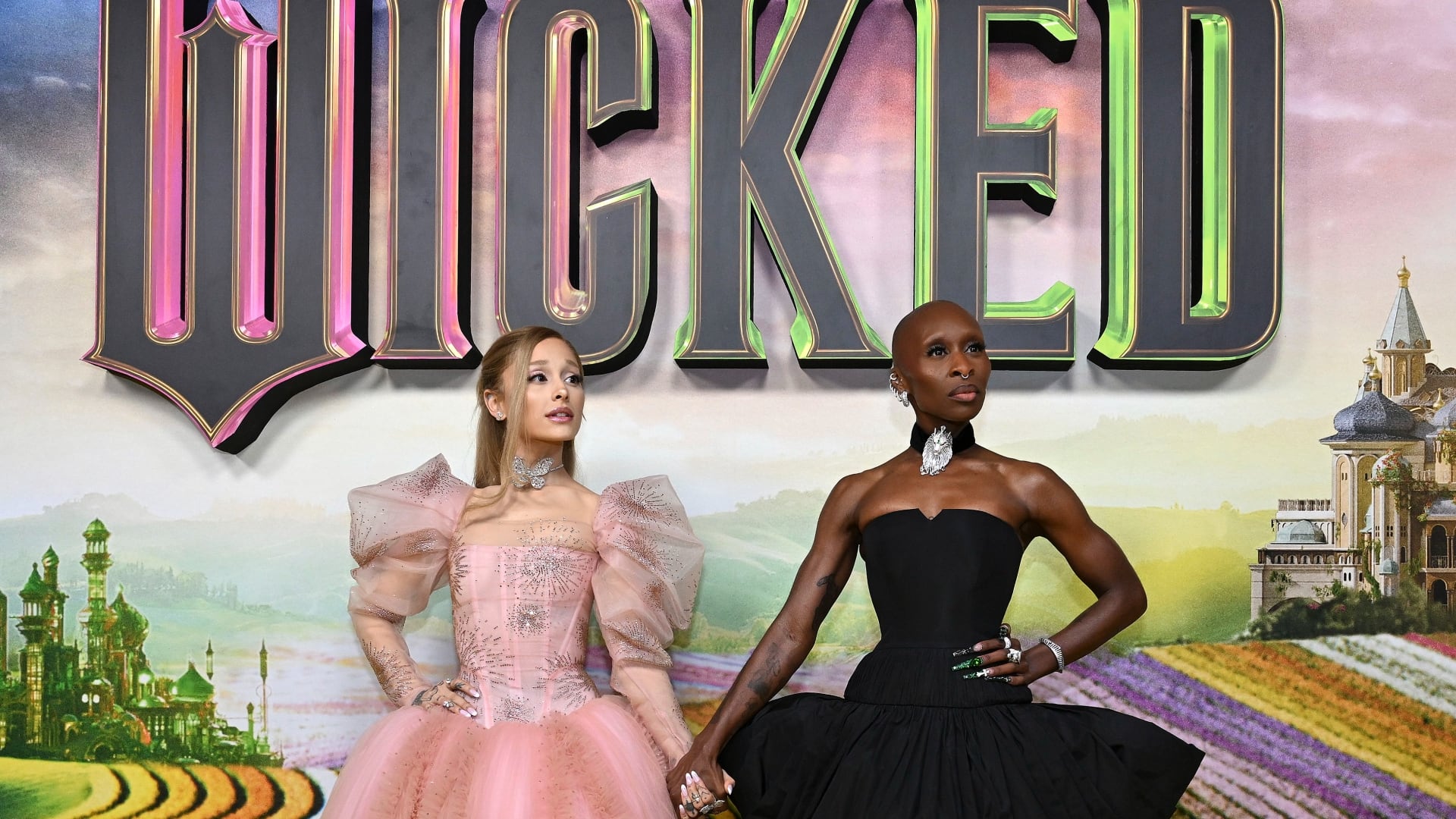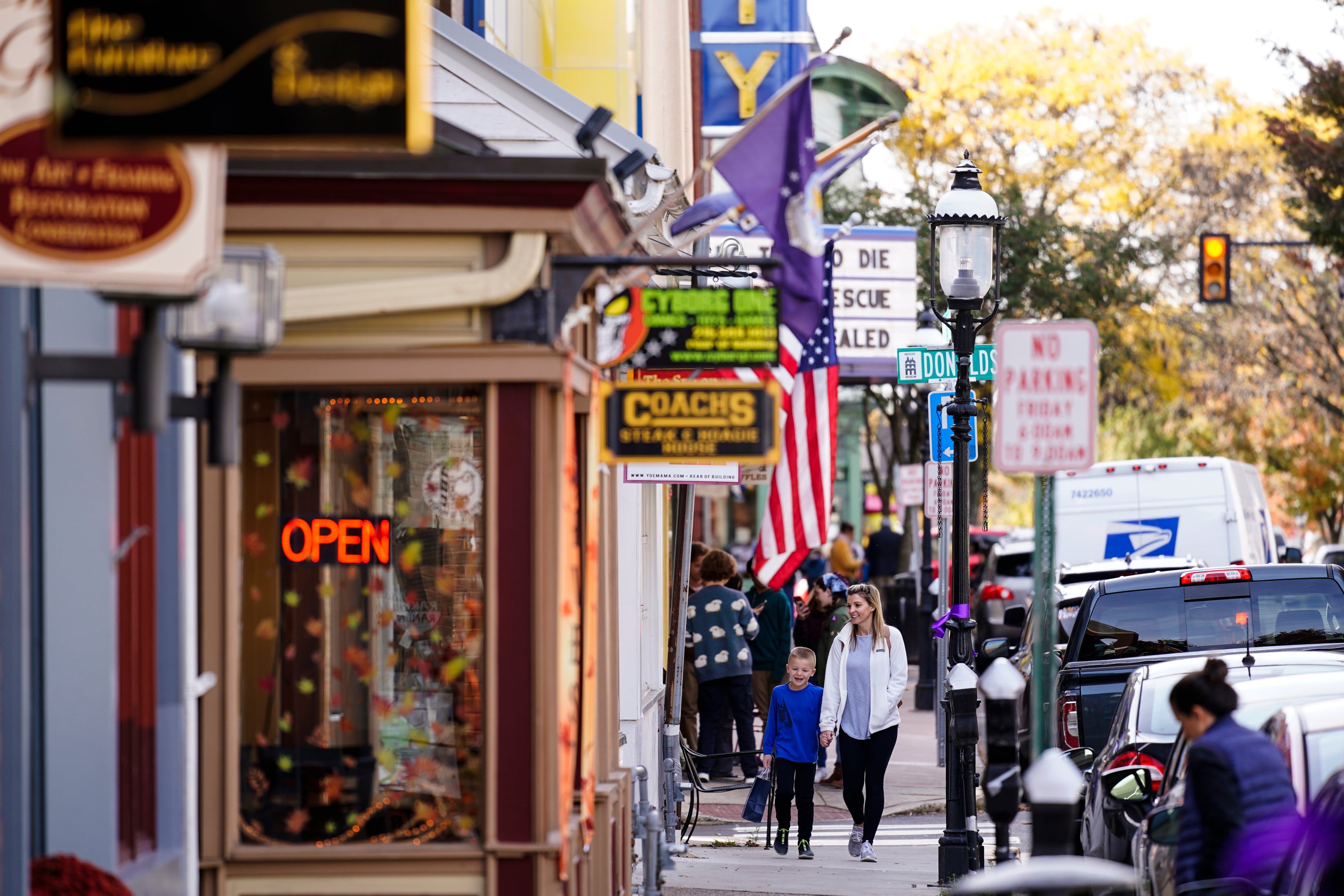Stocks are opening higher on Wall Street Tuesday as traders gingerly embrace early signs that the White House and a number of state governors are considering how to gradually reopen the economy. Big companies also started reporting their first-quarter earnings, giving investors an early peek into how the coronavirus outbreak was affecting their business. Johnson & Johnson rose after beating earnings estimates, even thought the health care giant also had to slash its outlook. JPMorgan Chase rose after setting aside billions of dollars to cover potential losses. Meanwhile the International Monetary Fund said the world economy will suffer its worst year since the Great Depression.
THIS IS A BREAKING NEWS UPDATE. AP’s earlier story is below:
World shares mostly rose on Tuesday though investors were bracing for news on how the coronavirus pandemic has hurt corporate earnings and the Chinese economy.
Asian indexes largely closed higher and Wall Street futures pointed to small gains on the open. European markets, however, turned slightly lower.
France’s CAC 40 edged 0.1% lower to 4,501 and Britain's FTSE 100 lost 0.4% to 5,818. Trading in Germany’s DAX was halted for technical problems and last traded 1.1% higher at 10,675.93 earlier in the day. The futures for the Dow industrials were up 1.3% and the S&P 500 futures gained 1.1% after earnings from Johnson & Johnson beat expectations.
“The long bank holiday weekend produced some encouraging numbers that suggest many countries are now on a more positive trajectory,” Craig Erlam, senior market analyst with Oanda, said of the pandemic and its economic impact.
Data released Tuesday showed China's exports fell at a slower pace in March than in the previous two months. Forecasters warned of harder times ahead as the coronavirus pandemic depresses global demand and disrupts production, supply chains and finance.
“In our baseline scenario, world trade falls 9% this year, but in a ‘worst case’ scenario, the fall is 34%. Maintaining global value chains is likely to become more challenging and costly as protectionism increases, but is also a way of managing risks," ING said in a commentary.
Beijing is due to announce economic growth for the first quarter on Friday, and a raft of potentially dismal corporate earnings also are in the pipeline.
Still, the mood in Asia was upbeat. Japan's benchmark Nikkei 225 added 3.1% to finish at 19,638.81. Australia's S&P/ASX 200 gained 1.9% to 5,488.10, while South Korea's Kospi jumped 1.7% to 1,857.08. Hong Kong's Hang Seng edged 0.6% higher to 24,435.40, and the Shanghai Composite added 1.6% to 2,827.28.
Cautious optimism that the outbreak in the U.S. has begun to plateau in some of the worst-hit areas and another big infusion of economic support by the Federal Reserve helped spur a big rally last week.
Stocks could be in for more volatility as companies report results for the first quarter, though analysts will be focusing mainly on forecasts for the rest of the year.
Details may be hard to come by, as many companies have ceased giving earnings estimates due to uncertainty over when officials will determine it's safe to roll back the social distancing and stay-at-home mandates that have all but ground the economy to a halt.
Analysts predict that earnings for all the companies in the S&P 500 will be down 9% in the first quarter from a year earlier, according to FactSet. That would be the biggest annual decline in earnings for the index since the third quarter of 2009 when earnings slumped nearly 16%.
Johnson & Johnson reported Tuesday a rise in first-quarter net income, driven by purchases of over-the-counter medicines. Its shares were up almost 3% in premarket trading. But it cut its outlook for the year. Earnings and revenue at banking group JP Morgan fell.
Other major companies that will report earnings this week include Wells Fargo, Bank of America, UnitedHealth Group, and Rite Aid.
The closure of businesses and mandates for people to stay home to combat the coronavirus pandemic have forced record numbers of people out of work, raising the possibility that many businesses could end up bankrupt. That has many investors anticipating what may be the worst recession since the Great Depression.
There are more than 1.92 million confirmed coronavirus cases worldwide, led by the United States with more than 582,000, according to a tally by Johns Hopkins University.
In energy markets, the U.S. benchmark for crude rose initially but fell later in the day, giving up 50 cents to $21.91 per barrel in electronic trading on the New York Mercantile Exchange. On Monday, it initially jumped more than $1 but then lost ground, falling 35 cents to $22.41 a barrel. Brent, the international standard, slipped 30 cents to $31.44 a barrel.
The dollar fell to 107.41 Japanese yen from 107.76 yen late Monday. The euro inched up to $1.0947 from $1.0912.













